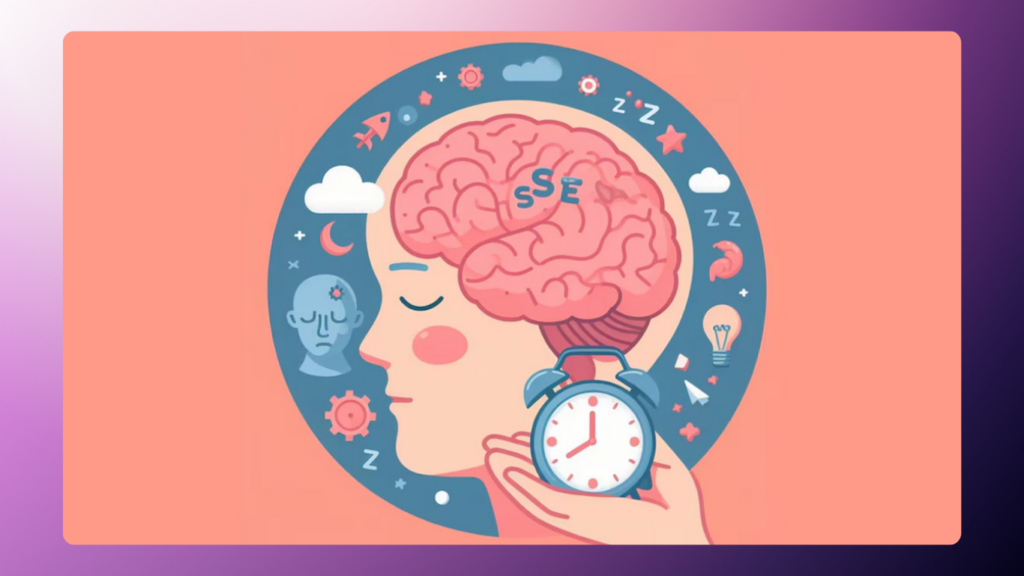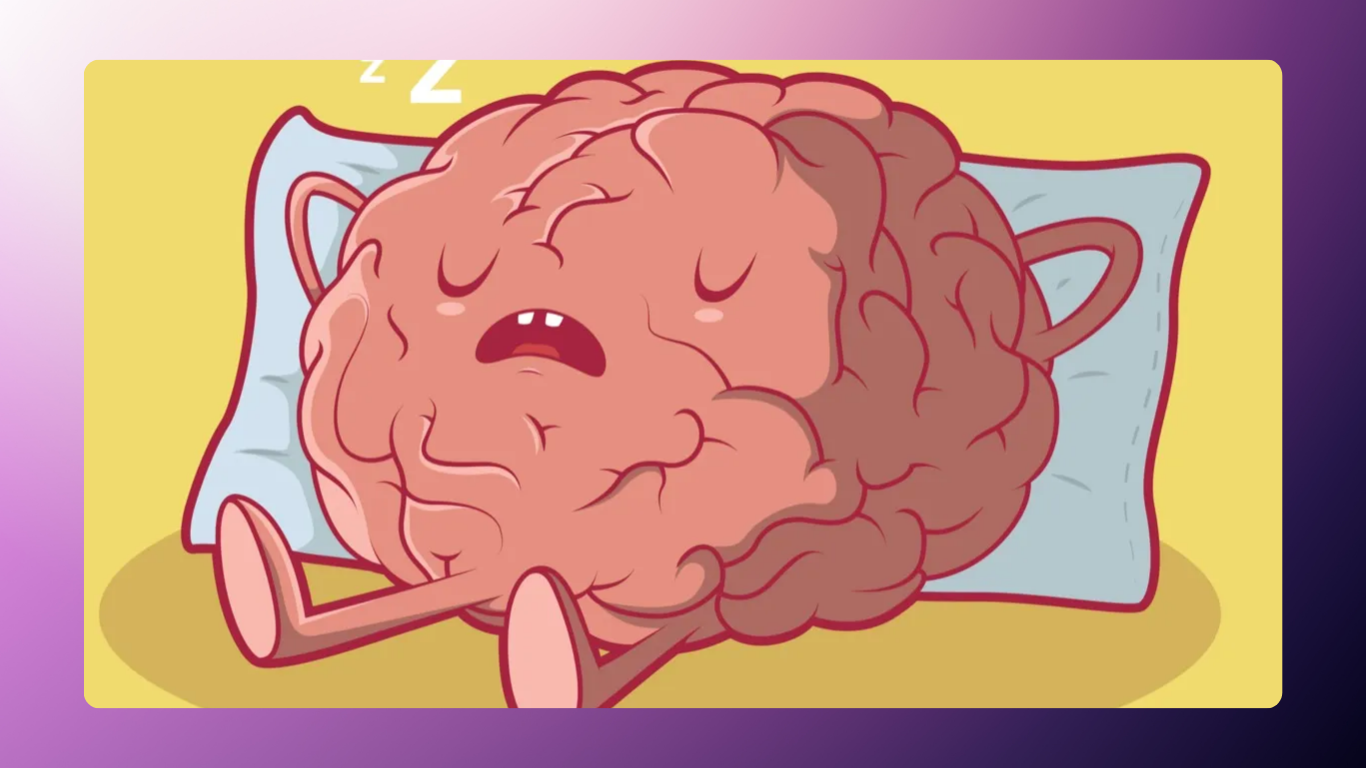Intriguing new findings from MIT’s Picower Institute for Learning and Memory highlight the crucial role of sleep in the brain’s ability to develop comprehensive maps of our environments.
The study, published in the December issue of Cell Reports, sheds light on how the brain integrates specific geographic locations into a unified map, a process that has puzzled scientists for years. The hippocampus is known to contain “place cells” that activate in response to specific locations, but the integration of these points into a complete map hinges on the activity of “weakly spatial” cells, which evolve over time.

Wei Guo, the study’s lead author, along with senior researcher Matthew Wilson and team members Jie “Jack” Zhang and Jonathan Newman, employed advanced manifold learning techniques to explore these cells’ roles. They observed mice in mazes, allowing them to navigate freely without rewards to promote natural, unsupervised learning.
The team monitored neural activity during these exploratory sessions and while the mice slept, discovering that sleep significantly enhances the brain’s mapping capabilities. “Our research indicates that sleep is crucial for strengthening the mental maps formed during exploration, as it enhances how weakly spatial cells connect different locations into a cohesive mental representation,” Guo noted.
Wilson added, “The improved neural connections that develop during sleep significantly enhance our ability to mentally navigate and plan based on these cognitive maps. This ability to mentally recall specific locations or plan future paths is crucially dependent on the links that form during rest.”
The study not only advances our understanding of spatial memory but also opens new avenues for research into how different types of neural cells contribute to learning and memory. Future investigations, as suggested by Wilson, could focus on the additional types of information that weakly spatial cells might encode, adding further context to our cognitive maps.
Supported by the Freedom Together Foundation, The Picower Institute, and the National Institutes of Health, this research enriches our understanding of the fundamental unsupervised learning processes that are key to human intelligence.

Subtly charming pop culture geek. Amateur analyst. Freelance tv buff. Coffee lover
